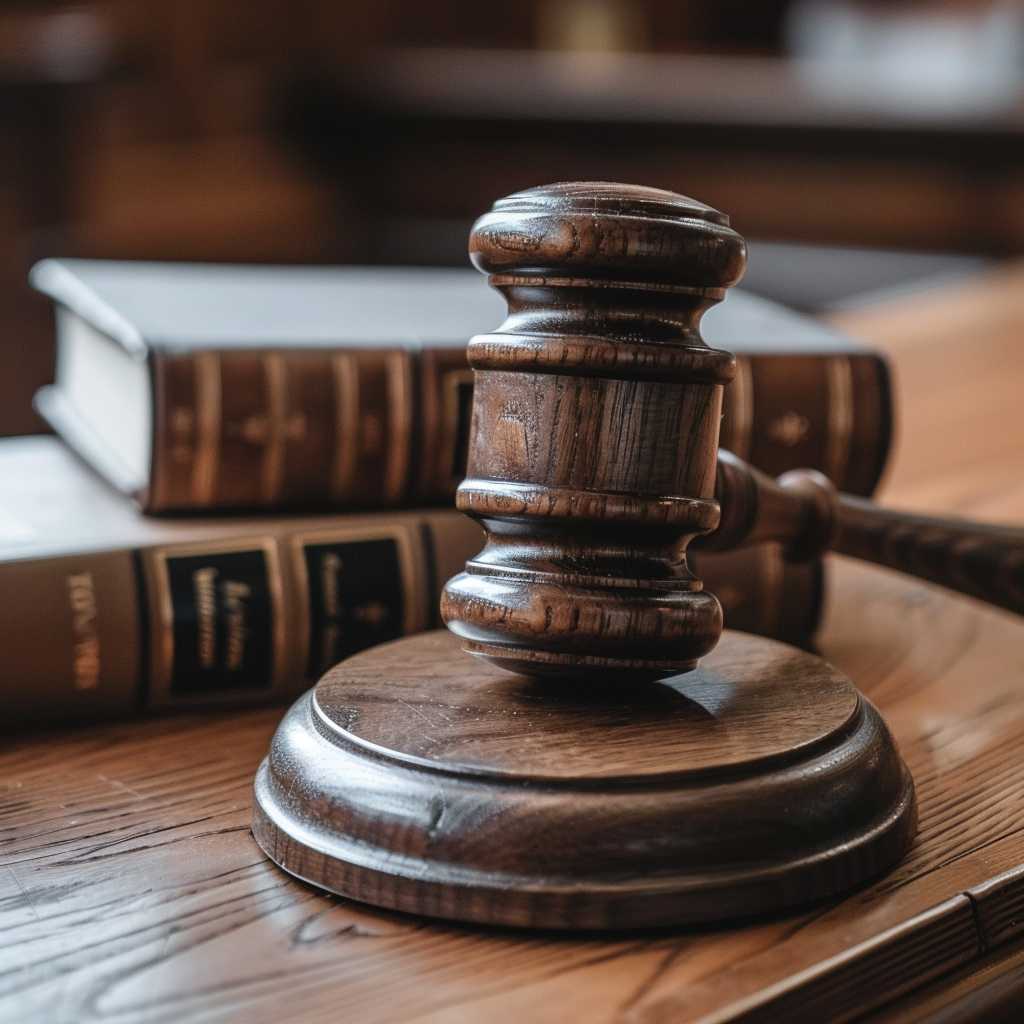### Kyle Rittenhouse: A Detailed Overview of the Case and Its Implications
The case of Kyle Rittenhouse captivated the United States, evolving from a series of tragic shootings to a complex legal battle that spurred debates on self-defense laws, gun rights, and protest cultures. In this in-depth examination, we will explore the events leading to the shootings, the legal proceedings, and the broader social and political ramifications, all presented with neutrality and close attention to detail.
The Incident and Immediate Aftermath
Kyle Joseph Rittenhouse came into the public eye following an incident that occurred on August 25, 2020, during protests in Kenosha, Wisconsin. These protests had erupted in response to the shooting of Jacob Blake by a Kenosha police officer. Rittenhouse, then 17 years old, was present at the protest while armed with a semi-automatic rifle. Amidst a night marked by unrest, Rittenhouse shot three individuals in what would become a highly scrutinized sequence of events. Joseph Rosenbaum and Anthony Huber succumbed to their wounds while Gaige Grosskreutz suffered injuries but survived.
The Legal Proceedings
Rittenhouse was subsequently arrested and charged with multiple counts including first-degree intentional homicide, first-degree reckless homicide, attempted first-degree intentional homicide, and possession of a dangerous weapon by a person under 18. The defenses argued that he had acted in self-defense fearing for his life during violent confrontations.
The pivotal trial commenced in November 2021, creating a media frenzy with its live broadcasting and deeply polarizing narrative. Legal experts dissected every argument whereas public opinion often echoed broader sentiments towards gun laws and protests.
After considering the evidence and testimonies presented during the trial, on November 19, 2021, the jury found Rittenhouse not guilty on all counts, aligning with his self-defense claim. This verdict was met with mixed responses: some saw justice served in upholding an individual’s right to self-protection while others felt it underscored systemic issues within the American justice system.
Societal Impact
Rittenhouse’s acquittal rippled across an already divided American public. Conversations shifted or intensified around vigilante justice versus protestor violence, gun rights versus regulation, and concerns over racial justice as it pertains to the legal system’s treatment of minorities compared to white defendants.
Both supporter rallies and opposition protests further highlighted a nation grappling with complex issues while command of facts frequently became secondary to ideological positions. Discourse spilled over from courtrooms onto social media platforms amplifying regional discussions into national debates.
Continued Relevance in Public Consciousness
Following the trial conclusion, Rittenhouse stated intent to lead a normal life; however, he has since remained in the spotlight partly due to media appearances, political commentary surrounding his actions, as well as civil lawsuits from families of those who were shot. Various sectors view his narrative as either a cautionary tale underscoring heightened social tensions or a precedent-setting case on citizens’ rights to defend themselves.
